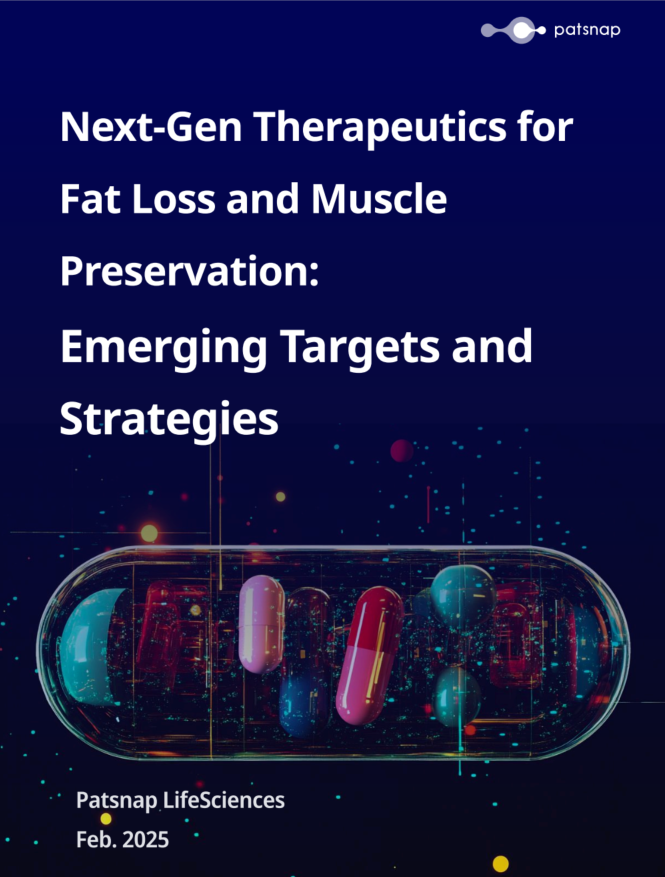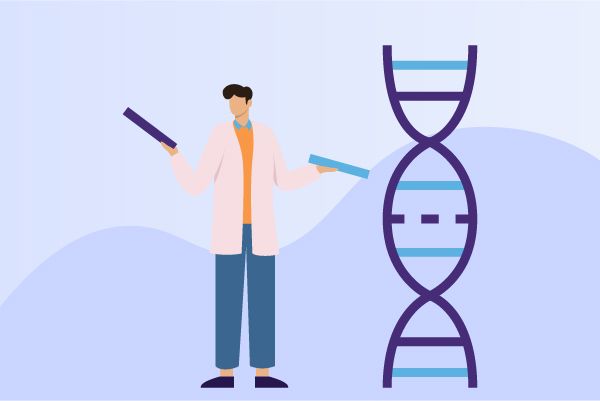Targeting the Activin-ActRII-ActRI Pathway: Emerging Therapies for Muscle-Related Diseases and Weight Management
In the pursuit of treating muscle - related diseases and achieving effective weight management with the goal of “fat loss with muscle gain,” various therapies targeting the Activin - ActRII - ActRI pathway have been developed. These therapies hold great promise in addressing the unmet medical needs in these areas and offer new hope for patients.
One approach is the use of neutralizing antibodies or blocking peptides targeting ligands such as Activin A, Activin B, or Myostatin/GDF8. For example, BMS's Taldefgrobep Alfa is in Phase Ⅲ and binds to Myostatin to reduce Myostatin levels, aiming to treat SMA. Regeneron Pharmaceuticals' Garetosmab, also in Phase Ⅲ, targets ALK2 and is being studied for progressive myasthenia gravis and in combination with GLP1R drugs for weight loss in obesity. Another product from Regeneron Pharmaceuticals, Trevogrumab, in Phase Ⅱ, targets MSTN and is being investigated for weight loss in combination with an Activin A monoclonal antibody and semeglutide in obesity.
Soluble ActRII - Fc receptor traps are another type of therapy. Acceleron Pharma's Sotatercept has been approved and targets ACVRⅡA × activin receptor, with indications including depressive disorder. BMS's Luspatercept is also approved, targeting TGF - β for non - transfusion - dependent thalassaemia. Keros Therapeutics' KER - 050 is in Phase Ⅲ, targeting ACVRⅡA and TGF - β for myelodysplastic syndromes, and KER - 012 is in Phase Ⅱ, targeting ACVRⅡB and TGF - β for pulmonary arterial hypertension (PAH).
ActRII inhibitors or monoclonal antibodies are also being developed. Eli Lilly's Bimagrumab, in Phase Ⅱ, is a dual - target antagonist that inhibits both ActRIIA and ActRIIB isoforms and is being studied for weight loss in combination with semeglutide in obesity. Trevogrumab from Regeneron Pharmaceuticals, in Phase Ⅱ, targets MSTN and is also being investigated for obesity - related indications.
ActRⅠ (ALK4, ALK5 or ALK7) inhibitors are predominantly small molecules. They function by occupying the adenosine triphosphate (ATP) binding site of ALK kinases, thereby inhibiting the phosphorylation of Smad2/3. However, ALK5 inhibitors are associated with a higher risk of cardiovascular toxicity. Many small - molecule inhibitors targeting ALK4, ALK5, or ALK7 have been discontinued during preclinical or early clinical development due to toxicity or lack of efficacy. Recently, ALK7, the receptor for INHBE, has emerged as a promising siRNA target, with significant potential for weight - loss therapies.
In conclusion, the therapies targeting the Activin - ActRII - ActRI pathway show great potential in treating muscle - related diseases and in weight management. However, there are still challenges to overcome, such as the toxicity issues associated with some inhibitors. Further research and development are needed to optimize these therapies and translate their potential into clinical benefits.
For more information, please click the image link below to access the full report.





